14 Hungarian wild animals that are worth the most

Most of the people do not even know about the existence of these species, but if you hurt them, you have to pay a fine of millions of forints, claims Femina.hu.
The variety of nature is a gift, which one must take care of. The damage done may be irretrievable. The extinction of species of plants and animals is a tragedy that makes the world more miserable forever. Because of this, it is especially important to take care of these treasures as long as we can. However, conscience is not always a dissuasive force efficient enough, therefore legal regulations are needed. These are protecting the endangered species with fines.
Since 947, in Hungary, intrinsic value is assigned to protected animals.
For the damage, torture destruction or disturbance of the protected animals, a fine needs to be paid.
There is a penalty specified by law, someone who damages the natural flora and fauna might have to pay a fine up to the value of the intrinsic value of the living being, but these people might be imprisoned as well.
Specially protected animals have an intrinsic value of 100, 250, 500, and 1 million Ft. 39 species are worth 500 thousand forints and 14 species are worth 1 million forints. However, surprisingly, rare, but highly exciting animals such as brown bears or wolves received a value of 250,000 Ft, so they did not even reach the top 50 most valuable species.
Below you can see some of the Hungarian animals of the highest intrinsic value.
Many people have never seen them, especially not in the wilderness.
The great bustard is the emblematic animal of the Hungarian fauna. It lives in the Dévavány reservoir and the Hortobágy. It is worth 1 million HUF. Its little relative, the little bustard, is worth 500 thousand HUF and is also rare due to excessive hunting.
The meadow viper, subspecies of the meadow viper, only occurs in Hungary. Its bite is painful but not deadly. There are about 500 individuals left, each worth approximately 1 million forints.
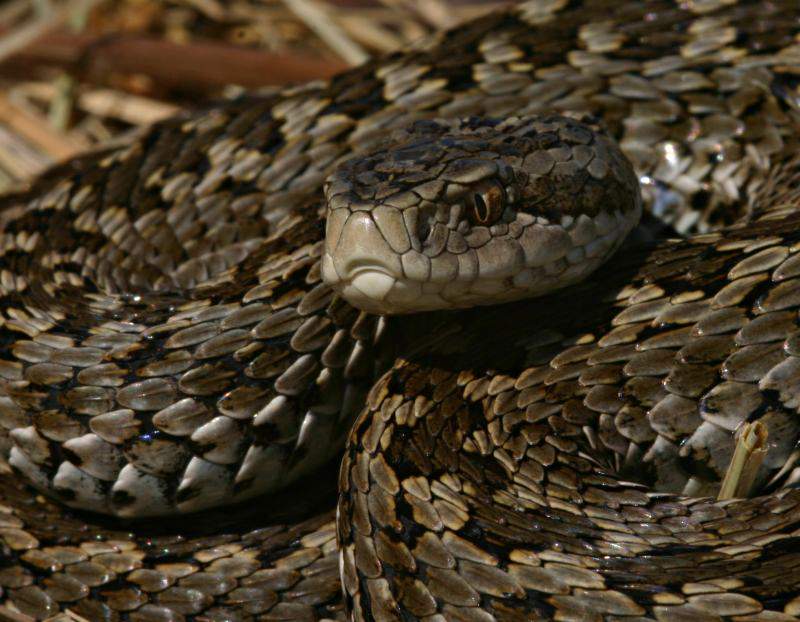
If one would disturb the eagle or the white-tailed eagle that would cost him or her 1 million HUF. The white eagles can even be 4-6 kilograms with a wingspan of 240 centimetres. It’s “cousin”, the imperial eagle is not much smaller.
Most people think of mice as those small ineradicable rodents who multiply so quickly. The modest, striped Southern birch mouse is very rare, so it is in the category of 1 million HUF worth.
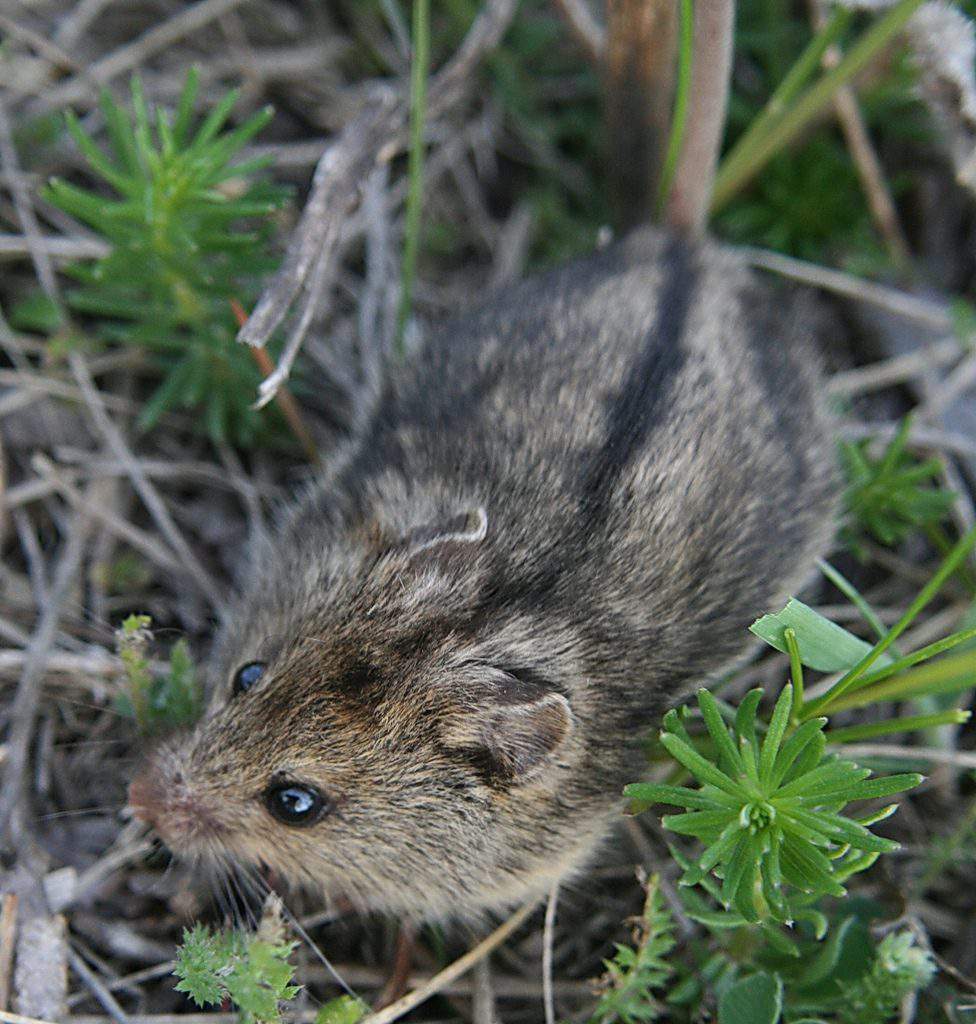
The imposing carnivore birds, which are smaller than the eagles, are worth one million HUF too. The Short-toed snake eagle feeds on reptiles, the Lesser spotted eagle nests in the mountains, and the Saker falcon has a vital role in Hungarian religious culture.
The Lesser mole-rat is a strange little creature. It lives under the ground, so not many people have the chance of seeing it. It is worth 1 million HUF. It is the size of a rat, and it digs with its head. It has become endangered because of the deep ploughing.
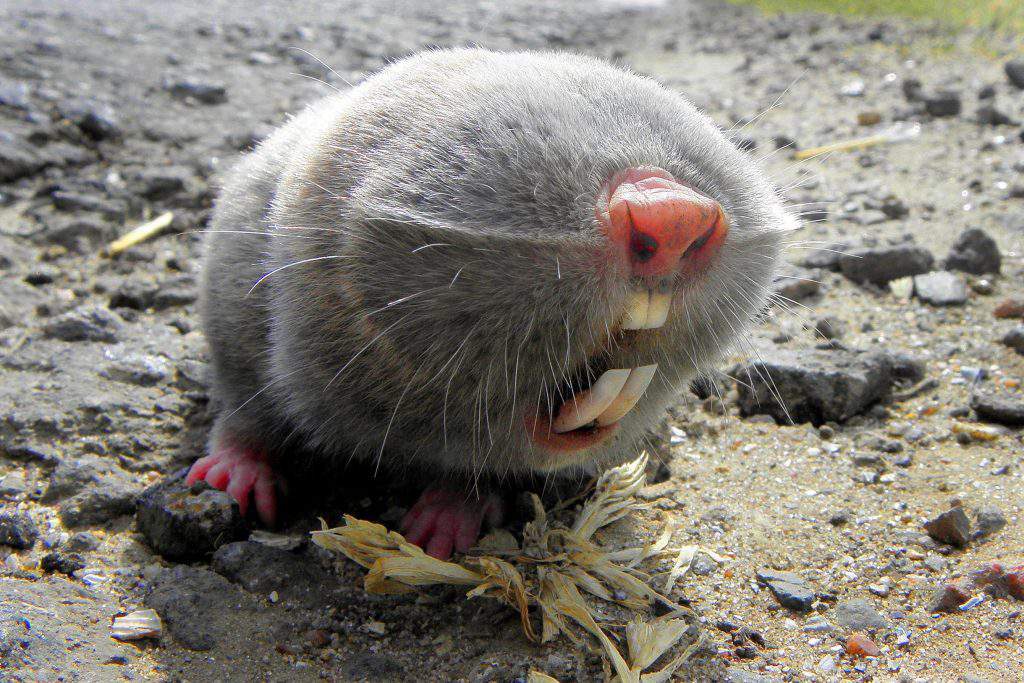
The most precious species of the Anseriformes are the Lesser white-fronted goose and the red-breasted goose, which are worth 1 million HUF, and the white head duck, which arrives in Hungary from the North rarely and is worth 500 thousand forints.
The lucky visitors might catch the sight of a lynx in the Aggtelek National Park. Hardly ten lynxes live in Hungary, and they are worth 500 thousand HUF. They can catch a deer and have a hiding lifestyle.
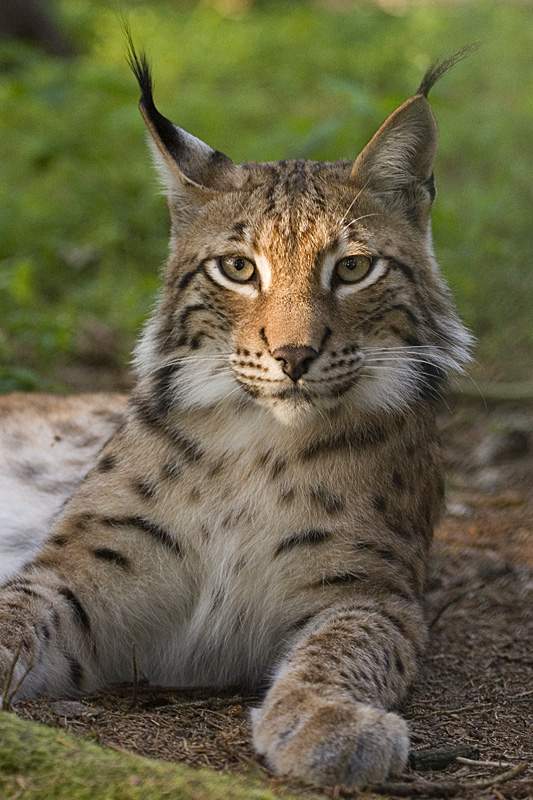
The aquatic warbler weight 10-14 grammes and is worth 1 million HUF. The European roller and the common rock thrush are bigger and worth 500 thousand HUF.
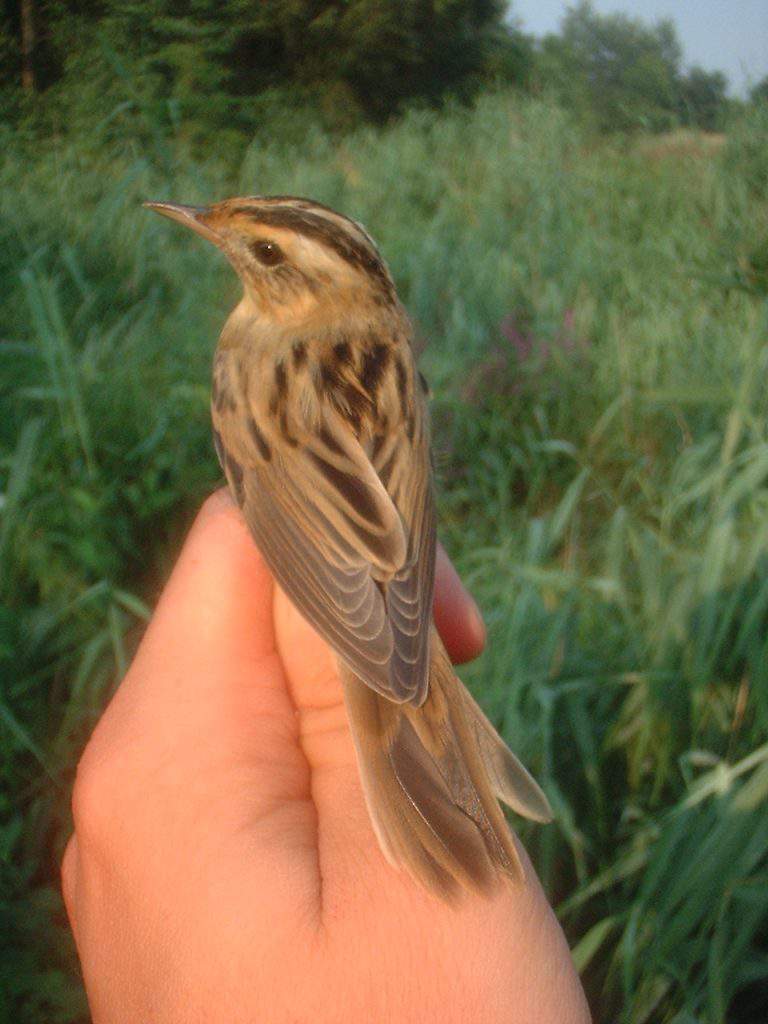
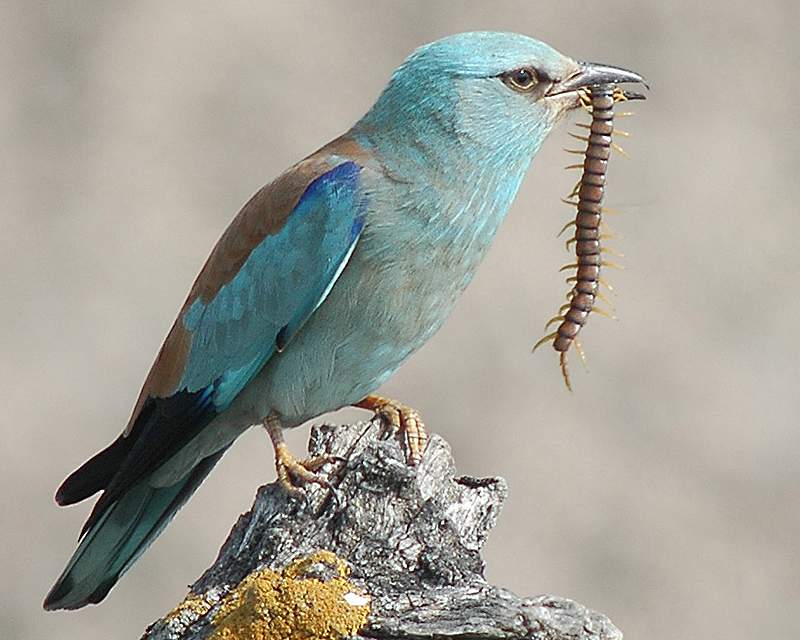
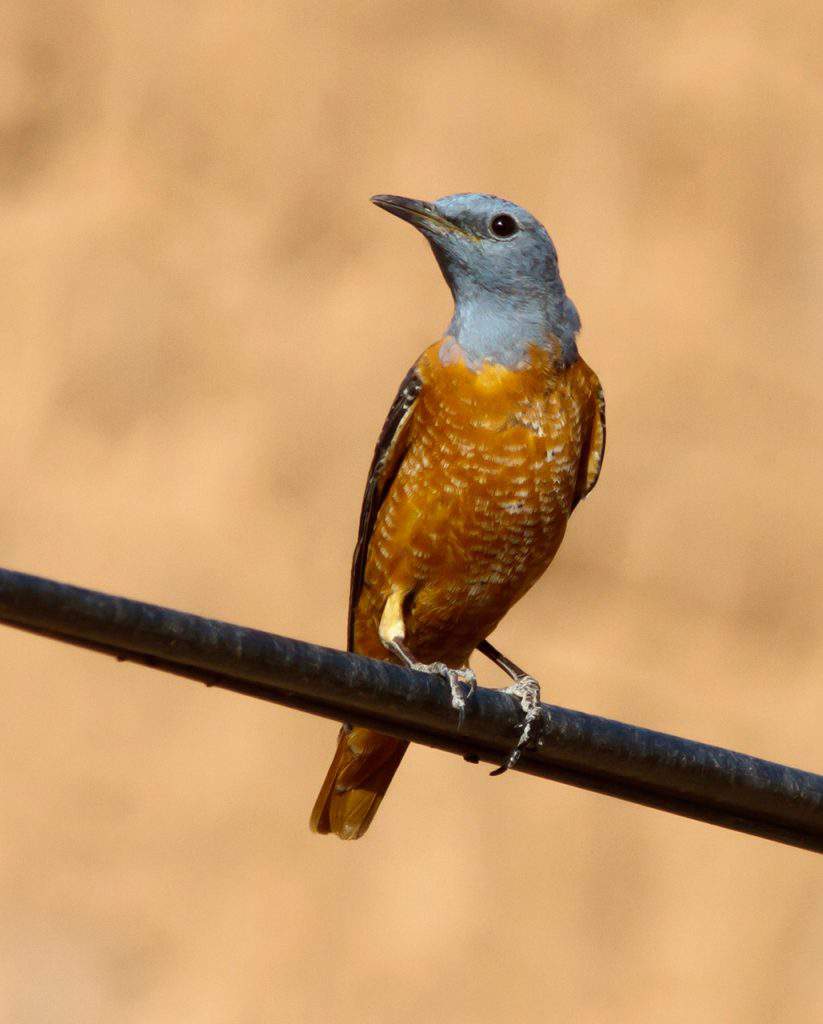
Both Hungarian species of The family Threskiornithidae are worth 500 thousand forints. The glossy ibis and the Eurasian spoonbill can be found in the marsh.
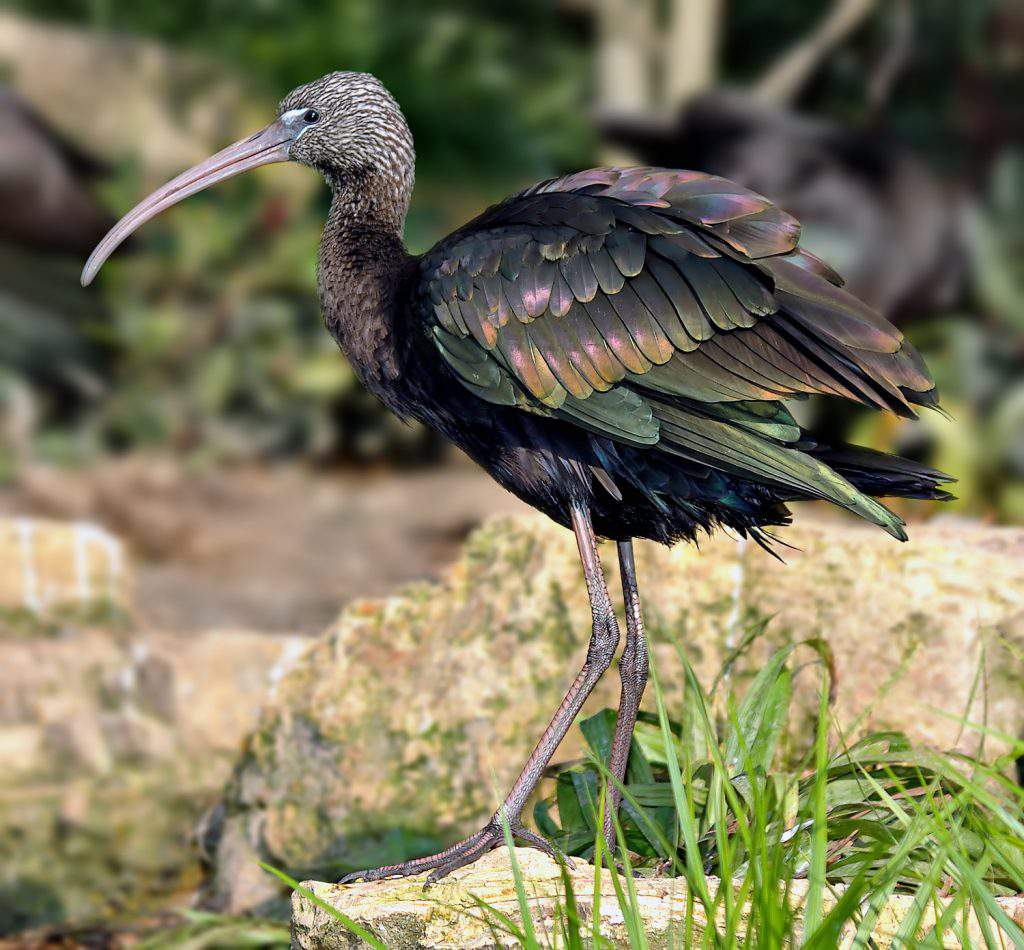

The Kentish plover and the slender-billed curlew can be found around marshes looking for food. Both are only temporarily in Hungary.
Featured Image: Wikicommons by Vaibhavcho
Source: femina.hu

















